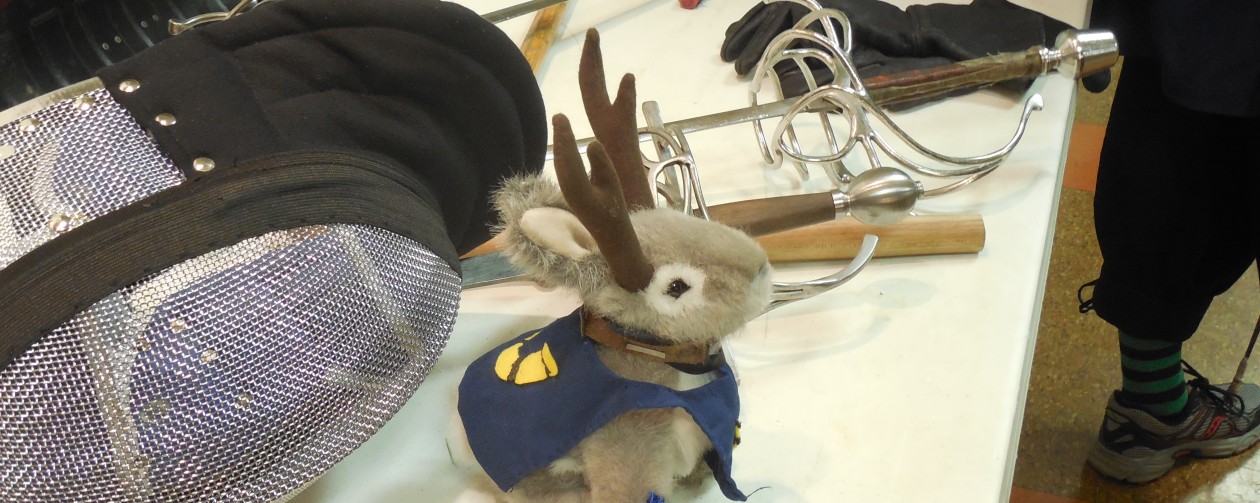Today, I am reading and commenting on Judges 11-13.
OK, I’m not sure what I am going to write today, but I’m starting here. I have been looking at various articles which talk about dating when Exodus, and the subsequent events in the Bible up until the time of King Solomon building the temple happened. Many of them refer to the story of Jephthah happening 340 years after the Exodus (300 years from the defeat of Sihon plus 40 years that the Israelites spent in the wilderness). I have a problem with this, a problem which I run into elsewhere in interpretation of Scripture. I will start by saying that I am not taking a position on whether or not it was 300 years from the defeat of Sihon until Jephthah. No, the point which I think it is important to note here is that the passage does not actually SAY that it was 300 years from the defeat of Sihon until Jephthah confronted the Ammonites. The passage says that Jephthah sent a message to the king of the Ammonites saying that it had been 300 years. It is important that we learn to distinguish between where the Bible says “Such and such happened” and where it says “Person A said that such and such happened.” Where the Bible says that a particular thing happened I am inclined to believe that it did indeed happen when and where the Bible says that it did. On the other hand, where the Bible says that a particular person said that a particular thing happened, I consider how likely it was that the person being quoted knew what they were talking about, and, even if they likely knew what they were talking about, how interested were they in being accurate about what they were saying.
Let’s look at this case where Jephthah said it had been 300 years since the Israelites defeated King Sihon. It is certainly possible that Jephthah knew how long it had been since the Israelites defeated King Sihon. It even seems likely that he knew approximately how long it had been. The key being “approximately”. I think it probable that Jephthah had only general idea of how long it had been: as in he would have known that it happened “300 years ago, give or take 50 years.” The second question is, how important was it to Jephthah that he got how long ago it was exactly right? Here, it seems to me that Jephthah would have thought it important to be approximately correct. That is, he would have wanted to quote a time which was within the margin of error of any records kept by the Ammonite king with whom he was communicating. Which, to my way of thinking means he would have wanted to be accurate to within about 50 years, plus or minus. Actually, as I think about it, he may have wished to be off by enough for the Ammonite king to question his claim. If the Ammonite king came back with, “You lie. Israel only defeated King Sihon 225 years ago.” it would have nevertheless meant that the Ammonite king was acknowledging Jephthah’s claim that Israel had taken the land by conquering people who were not Ammonites.
I use the daily Bible reading schedule from “The Bible.net” for my daily Bible reading.














